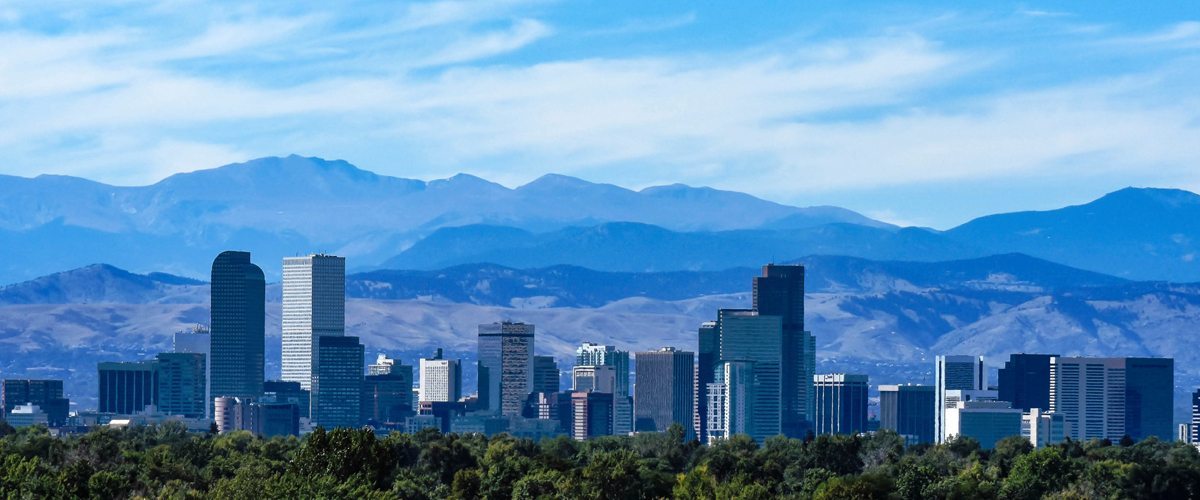[vc_row][vc_column][vc_column_text]
New tax data shows that Colorado pulled in $1.3 billion in marijuana sales in 2016, over $300 million more than the year prior.
Colorado dispensaries sold $1.3 billion in recreational and medical cannabis sales in 2016, according to tax data from the state’s Department of Revenue. The data shows that recreational marijuana accounted for $875 million of the sales total, while $438 million came from medical marijuana transactions.
Colorado, the very first to legalize recreational marijuana, has experienced three straight years of sales growth since dispensaries began selling adult use marijuana in 2014. In its first year of combined recreational and marijuana sales, Colorado pulled in $699.2 million. In Year Two, the numbers jumped up to $996.2 million.
“Over one billion dollars in marijuana sales that once took place in the underground market were instead conducted in regulated businesses this year,” said Mason of the Marijuana Policy Project, in a statement. “The state received nearly $200 million in marijuana tax revenue, whereas just a decade ago it was receiving zero. Hopefully this will be a wake-u call for the 42 states that still choose to force marijuana sales into the criminal market and forego millions of dollars in tax venue.”
The state’s $200 million in marijuana tax revenue was generated from a 15 percent excise tax on wholesale marijuana transfers, a 2.9 percent sales tax applied to both medical and recreational marijuana sales, and an additional 10 percent special sales tax imposed on recreational sales.
Nearly a quarter of the revenue generated from marijuana sales goes to school construction. Money also goes to drug prevention and other health programs. Having collected a surplus, Colorado is also using portions of the money generated to study the effects of legalization, fund programs to help stop bullying in schools, and to house and feed its homeless community.
“Marijuana tax revenue is not going to cover the state’s budget, but it is going to cover important programs and services that would otherwise be left out of it. This money is just the tip of the iceberg. The state is also reaping the invaluable public health and safety benefits of replacing an underground market with a tightly regulated system,” said Tvert.[/vc_column_text][/vc_column][/vc_row][vc_row][vc_column][vc_single_image image=”17394″ img_size=”1200×250″ onclick=”custom_link” img_link_target=”_blank” link=”https://www.medicalmarijuanainc.com/report-u-s-legal-cannabis-market-growing-faster-dot-com-boom/”][/vc_column][/vc_row][vc_row][vc_column][vc_column_text]The latest report from Colorado’s Retail Marijuana Public Health Advisory Committee highlighted several “encouraging trends” regarding the public health effects of legalized marijuana. The committee found that Colorado legalizing recreational marijuana hasn’t caused an increase in use among adolescents and reported that calls to poison centers and marijuana-related visits to emergency rooms have decreased.
“Marijuana is now being sold in licensed businesses, rather than out on the street,” Tvert added. “It is being properly tested, packaged and labeled and it is only being sold to adults who show proof of age. The system is working.”
According to a recent report from Arcview Market Research, marijuana sales throughout the U.S. grew 30 percent in 2016 and are projected to grow at a compound rate of 25 percent, from $6.7 billion in 2016 to over $21 billion in 2021.
Seven other states – Oregon, Washington, Alaska, California, Nevada, Massachusetts, and Maine – have legalized adult use marijuana since Colorado started the trend in 2012. Learn more about the current cannabis laws in Colorado by visiting our education page.[/vc_column_text][/vc_column][/vc_row]






